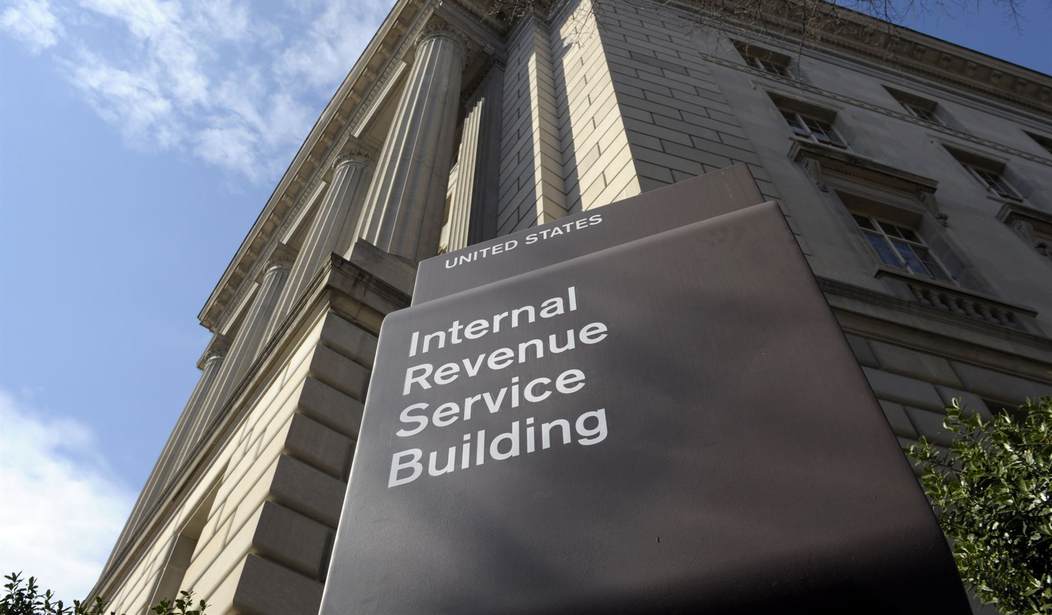In 2017, I spent the year working in Silicon Valley on an acquisition project. The nature of that project is irrelevant; what is relevant is that I was talked into doing the work as a W-2 employee rather than the corp-to-corp relationship I generally used. Unbeknownst to my wife (who handles our finances and does our taxes) and me, this landed us in the position of being double-taxed due to California's state tax code and their lack of a tax credit arrangement with Colorado, where we lived at the time. Suffice it to say we got hosed on our tax bill for that year.
That was pre-COVID, of course. But the rise of the pandemic saw a lot of people move to the remote work model and lots of people are still working remotely today. Some of those folks are getting that same double-whammy, being nailed for state taxes both in their employer's state and their state of residence. Unsurprisingly, New York remains one of the primary offenders.
Individuals can be taxed based on both where they live, and where they earn income. As of 2024, all but nine states impose a tax on income.
When a person lives in one state but works in another, they may have tax liability in both states. However, they will typically receive a tax credit to eliminate double taxation of their income.
However, there are five states that tax people where their office is located – even if that person does not physically work in the state. These individuals may be denied a tax credit in their home states, meaning they may be forced to pay income taxes in two different states.
Being taxed once is bad enough, but being taxed twice on the same income? That's taking theft to a whole new level. Politicians who favor these double whammy policies seem to operate on the assumption that they have first claim on your income, and you should be grateful to get whatever gleanings they leave you. But that's nothing new.
See Related: California Democrats Dust Off Another 'Tax the Rich' Scheme So They Can Keep Blowing Money on Crap
The Tax Foundation has something to say about it.
"Many remote workers will face tax liability in multiple states. For most, this will not result in genuine taxation because they will receive a credit in their home state against liability they incur in other states," Jared Walczak, vice president of state projects at the Tax Foundation, told FOX Business. "But some are unfortunate enough to work for companies based out of states that have what’s called a convenience rule, which can result in two states taxing the same income without any adjustment."
If you're considering a move and are currently doing remote work, look into this. It's going to become more of a hot-button issue as our workforce continues to decentralize and as people continue to seek out low-tax states to reside in; see, it turns out that incentives matter.
See Related: California Lawmakers Pushing New Tax That Will Send Even More People Packing
What's baffling about this is that the states that are all-in for these double-tax schemes - Connecticut, Delaware, Nebraska, New York, and Pennsylvania - except for Nebraska, are primarily Democrat-run, and while that's not surprising from the taxation standpoint, one would think that the left, being all in on cutting carbon emissions, would want to encourage remote work instead of punishing it; reducing all those fossil-fueled commutes, you know. But grabbing at tax revenue is even more reflexive for pols than bemoaning carbon emissions, and as usual, New York is one of the worst offenders.
"New York is the most aggressive here, although they aren’t alone," Walczak said. "New York would say if you work for a New York-based company and you’re not assigned to a non-New York office, then you owe New York income taxes on all the income that you earned through that company. The problem is you might work in another state, and from that state’s perspective, you clearly worked there as well as lived there, so they're not giving you a credit for New York taxes."
One might try to avoid this double taxation by working as a contractor or with a corp-to-corp arrangement; I did the latter for many years, and we still have our Alaska LLC set up for just these reasons. Working as a 1099 or as a subcontractor can sidestep this issue, but don't rest on your laurels, as those "loopholes" may be closing.
See Related: California's AB5 Goes National With the Independent Contractor Rule: Why You Need to Pay Attention
This is another reason, of course, to love Alaska and similar states with no state income tax. Taxation is theft! And if you doubt that, I'll keep pointing out what happens if you don't pay - agents of the government will send men with guns out to compel you to fork over your money.















Join the conversation as a VIP Member